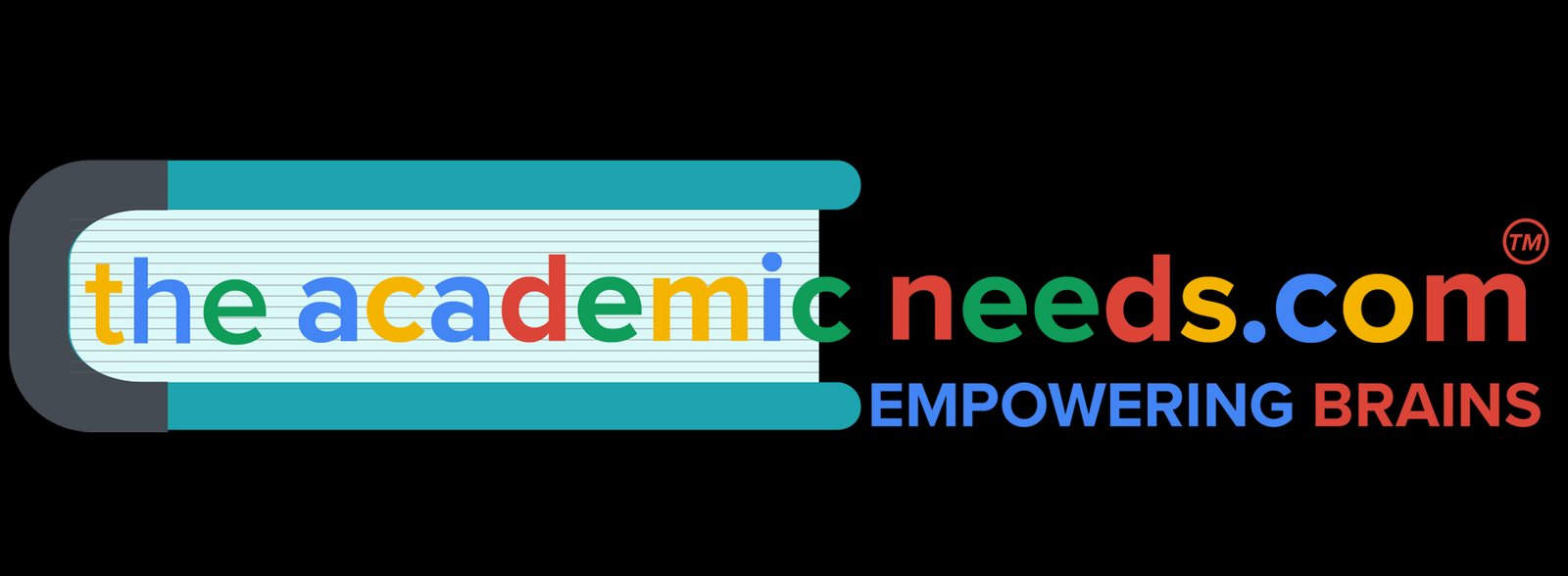The third вЂfinancialisation of everyday life’ approach
citizens being transformed from вЂwelfare subjects’ to вЂpersonal investors’ and вЂpersonal borrowers’ with a related internalisation of new norms of individual risk-taking (Langley, 2008). Most accounts of the вЂeveryday life’ of financialisation focus particularly on issues of culture, identities and subjectivities (Langley, 2008; Coppock, 2013; Deville, 2015; Horsley, 2015). This focus has provided a rich stream of thought about the nature of contemporary society but, we argue, fails to fully engage with the вЂlived experience’ or вЂlived reality’ of financialisation. Payday lending is not just important in terms of what it tells us about people’s subjectivities and identities but also in terms of their more objective experiences of managing on low and precarious incomes. Van der Zwan (2014: 113–14) has also criticised the neo-Foucauldian emphasis on identities and subjectivities but from a different perspective, arguing that вЂthe role of the state remains underdeveloped in this body of scholarly work. . . and yet. . . the expansion of financial markets has coincided with the retreat of the welfare state in many of the advanced political economies’. We also engage with, and https://www.texascartitleloan.net/ contribute to, debates about the role of the state in this paper.
In bringing together the вЂregime of accumulation’ and вЂfinancialisation of everyday life’ approaches to our analysis of payday lending we also draw on discussion of the emergence of a вЂshadow’ welfare state (Fairbanks, 2009; Gottschalk, 2000). This relates to the varied sources of support people rely on from the mixed economy of credit (credit from different sources including the private sector, the state, family and friends and non-government microfinance schemes) alongside the mixed economy of welfare (Karger, 2005; Marston and Shevellar, 2014). In the US, for example, even before the global financial crisis took hold, the subprime lending industry paid out more money (by a factor of four to one) to poor families (in the form of loans) than was paid out by the state in the form of Temporary Assistance for Needy Families and the Earned Income Tax Credit combined (Committee on Ways and Means, 2008; Marston and Shevellar, 2014; Rivlin, 2011). While these trends may be particularly pronounced in the United States, the UK, has also experienced a major increase in HCSTC at a time of welfare state cuts.
Changes in the labour market, the welfare state and increasing financialisation.
are all clearly linked to each other and, as we have argued, can be seen as part of a more fundamental вЂneo-liberal project’, with its emphasis on de-(or re-)regulation, privatisation and individual responsibility (Aitken, 2010; Peck, 2010; Crouch, 2011). This transfer of risk and responsibility from the social/collective (welfare state) to the individual/personal (financial market) is clearly central to this project (Rowlingson, 2002; Finlayson, 2009). It is, therefore, no coincidence that payday lending has become most prominent in countries with highly financialised neo-liberal varieties of capitalism and liberal labour markets/welfare states such as the US and Australia, alongside the UK (Banks et al., 2012; Gallmeyer and Roberts, 2009; Marston and Shevellar, 2014; Packman, 2014; Stoesz, 2012). This paper now provides an overview of the scale and nature of payday lending in the UK which has received remarkably little academic attention within social policy.
The growth of payday lending in the UK
Estimates of the size of the payday lending industry in the UK vary depending on definition and data source. Beddows and McAteer (2014) estimated that the amount of credit extended via payday loans had increased ten-fold from ВЈ0.33 billion in 2006 to ВЈ3.709 billion in 2012, with their definition including вЂtraditional payday loans and short-term cash advances’ (Beddows and McAteer, 2014: 7) as shown in Figure 1 .



Add Comment